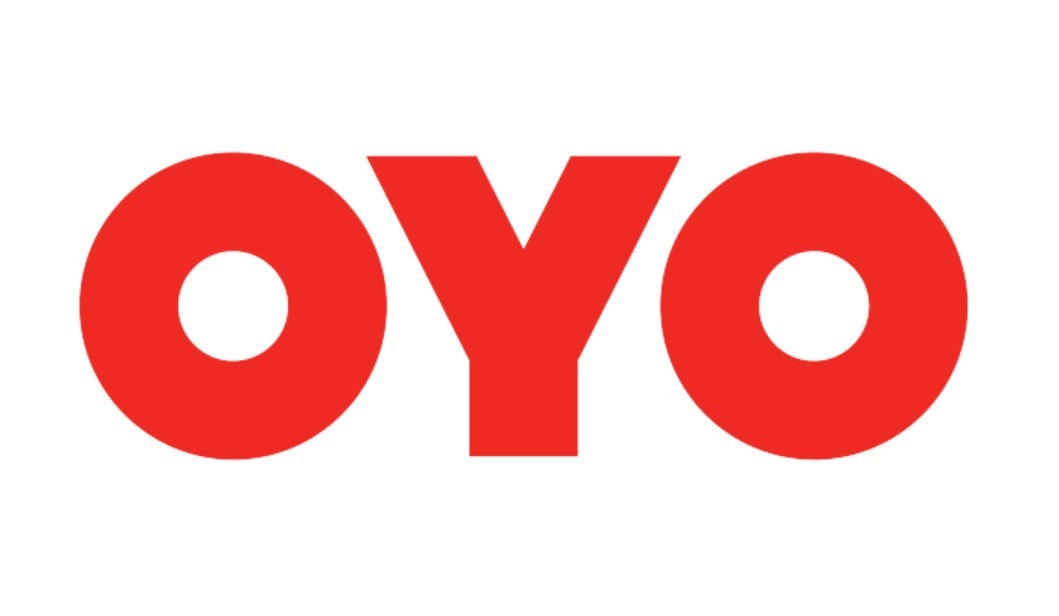Mikhail Gorbachev, the former President of Soviet Union who successfully brought an end to the Cold War without any casualties but was unable to stop the fall of the Soviet Union, has passed away.
Vladimir Putin, the president of Russia, expressed his condolences for Mikhail Gorbachev’s passing and will in the morning send a formal telegram to his family.When Gorbachev, the Soviet president at the time, was recognised with the 1990 Nobel Peace Prize, it was the height of his international recognition for his part in bringing about a peaceful conclusion to the Cold War.
Assembling a new union based on a more equitable partnership between the 15 republics—of which Russia and Ukraine were the two most powerful was Mikhail Gorbachev mission, who passed away on Tuesday. He had set out to revive the dormant Communist system. But, the Union and Communism, however, both collapsed in a matter of six years.
Mikhail Gorbachev the architect of Cold War Seizure
When he was forced to resign the next year when the Union of Soviet Socialist Republics broke apart into 15 different states, he was at home, however, a worn-out and defeated man, reduced to being the head of an inexistent nation.
Mikhail Gorbachev made overly ambitious attempts to implement political and economic reforms at the same time, unleashing forces he was powerless to control. The lesson was not lost on China’s authorities, who supported the market economy but made it clear that they would act ruthlessly to protect the Communist Party’s hold on power by executing demonstrators on Tiananmen Square in 1989.
Contrary to his fierce adversary Boris Yeltsin, who was elected president of Russia and played a key role in the fall of the USSR and Gorbachev’s overthrow, Gorbachev never ran for office to secure a public mandate.
He failed to anticipate the strength of nationalist feeling – initially in the Baltic republics of Latvia, Lithuania and Estonia, and spreading to others like Georgia and Ukraine – that would create unstoppable momentum to escape Moscow’s grip.
“He didn’t believe that the Soviet Union was actually an empire in itself of nations that did not want to be shackled,” said Jonathan Eyal of the Royal United Services Institute, a think-tank based in London.
“Like all Soviet leaders, and dare I say like Russian leaders today, he saw the Soviet Union as synonymous with Russia and he simply could not understand why nations wanted to be independent.”






